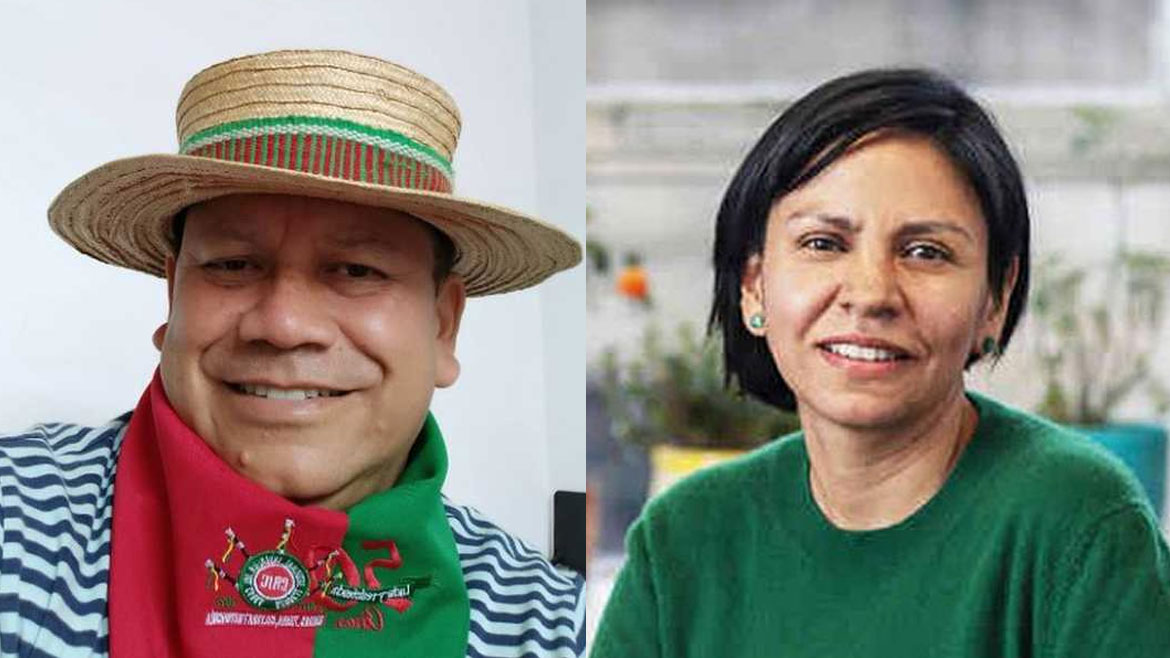President-elect Gustavo Petro announced that indigenous leaders will be leading key agencies for the Colombia’s peace process.
The sociologist and indigenous right activist will be leading the government’s National Victims Unit (UNV) and the Land Restitution Unit (URT).
The appointment of sociologist Giovani Yule as the new director of the URT is particularly unique as the new land restitution chief will replace Andres Augusto Castro.
Yule is a member of the Nasa people, which has suffered disproportionately from land dispossession.
Castro is the former representative of alleged land thieves from the palm oil sector.
How to steal land the size of a small country and get away with it | Part II: palm oil
Constitutional Law expert Patricia Tobon, a member of the Embera people, will take over the leadership of the UNV from Ramon Alberto Rodriguez, who has worked for the agency for more than a decade.
Rodriguez has been under fire for his unit’s failure to adequately support victims of Colombia’s armed conflict in accordance to the 2011 Victims Law that created the unit.
The congressional commission that monitored the implementation of the law said in November last year that the unit had only provided support to only 12% of Colombia’s 9 million conflict victims in the past decade.
Previous appointments indicate that Petro wants to accelerate the implementation of a peace process that has been all but halted by far-right President Ivan Duque.
The progressive president-elect previously appointed peace advocate Alvaro Leyva, a senior conservative, as his foreign minister.
Leyva’s ambassador to the United Nations, which monitors the peace process, will be Leonor Zalabrata, a renowned human rights defender from the Arhuaco people.
Colombia’s incoming government begins “total peace” offensive
Petro’s Vice-President-elect, Francia Marquez, will be in charge of promoting policies that seek to improve the living conditions in historically neglected and regions that suffer a lot of violence.
The incoming government will be confronted with extremely high levels of violence in certain parts of rural Colombia where illegal armed groups are vying for control over territory that was abandoned by the now-defunct FARC guerrilla group in 2017.


